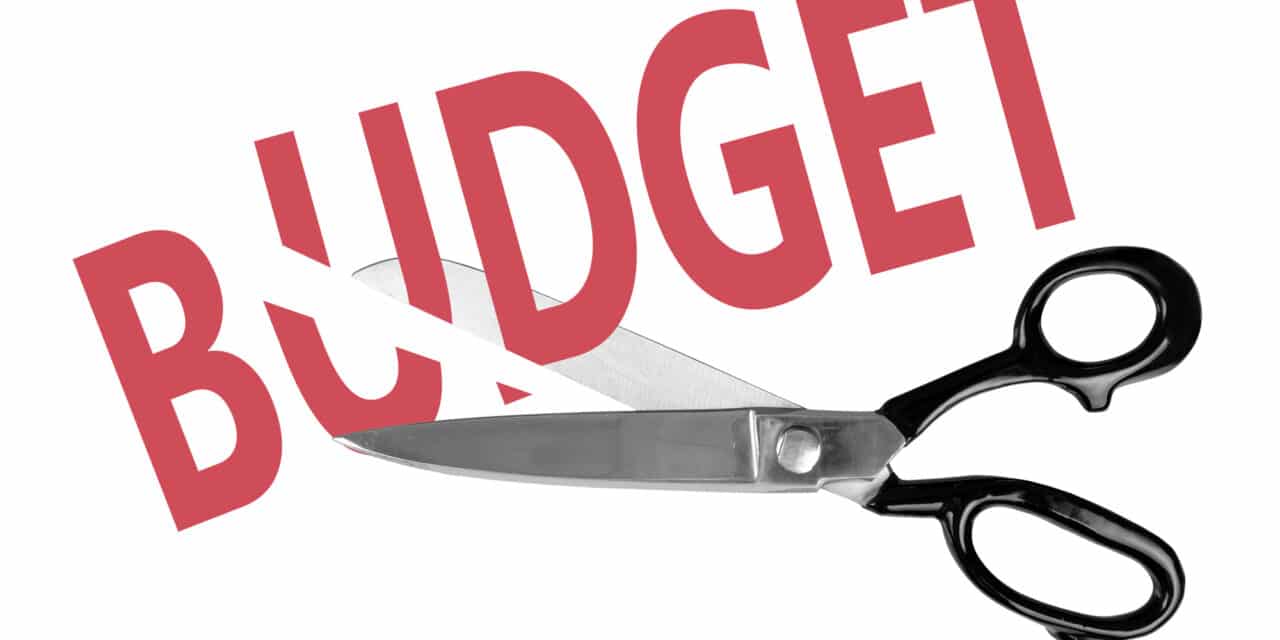The ADA Board of Trustees has approved over $20 million in expense reductions for 2025, cutting programs, staff, and operational costs after years of deficit spending.
The American Dental Association (ADA) Board of Trustees has approved a 2025 budget that includes more than $20 million in expense reductions. The decision, made in July, follows several years of deficit spending and heavy use of reserve funds.
Cuts Affect Programs, Staff, and Operations
The approved reductions impact a wide range of ADA programs and activities. The organization plans to cut staff, scale back operational and volunteer expenses, and revise outreach strategies. Funding has ended for several initiatives, including the Large Group/Multi-site Practice Engagement Task Force, added advocacy for the Dentist and Dental Hygienist Compact, and the launch of the AFI Certified program.
Between March 2022 and March 2025, the ADA spent $142 million from its reserve funds. According to a July 10 email from the ADA Board, these funds were used for critical system upgrades and other organizational priorities. Of that total, $53 million went to a new association management system meant to support services across the ADA tripartite.
“These strategic initiatives were designed to help modernize and grow the Association; however, the Board acknowledges that implementing large-scale changes very quickly has placed unintended financial strain on the ADA,” said ADA President Brett Kessler, DDS.
Focus on Budget Balance and Member Services
Kessler said the Board aims to achieve a balanced budget in the long term and sees the 2025 budget cuts as a necessary step. President-elect Richard J. Rosato, DMD, emphasized that the ADA remains committed to members and the profession despite the cost-saving measures.
“This financial realignment positions us to sharpen our focus on science, education, practice, advocacy, and membership,” Rosato said.
Specific Reductions Across ADA Divisions
An August 7 open letter from Kessler and Rosato outlined detailed cuts across ADA operations:
Governance
Trustee-related expenses will be reduced by moving the November 2025 meeting and new trustee orientation online. Council meetings will be limited to one in-person event per year; others will be virtual.
Member Programs
Starting in 2026, live continuing education will be limited to annual scientific sessions, with online CE continuing. The Leadership Institute and the Advisory Committee on Equity, Inclusion, and Interprofessional Relationships are suspended.
Advocacy
Funding for additional advocacy around the Dentist and Dental Hygienist Compact has ended, though existing State Public Affairs grants remain in place. The ADA will suspend engagement with the National Conference of State Legislatures.
Discontinued Initiatives
The planned AFI Certified Program and the ADA Loyalty Program will not move forward. New product development and the Innovation Advisory Committee’s work have been suspended.
Professional and Educational Support
Plans to expand the Dental Experience and Research Exchange have been scaled back. The Faculty Ambassador program will see reduced funding, and the ADA Success Program will move fully online.
DSO Engagement
Engagement with large group practices and DSOs will be managed under the Council on Membership. The Large Group/Multi-site Practice Engagement Task Force has completed its work.
Operational Costs
The ADA will cut marketing and consultant expenses, reduce its presence at dental events, and reduce staff, including current positions and vacancies that will not be filled.
Photo: ID 56104543 © Sarah2 | Dreamstime.com









